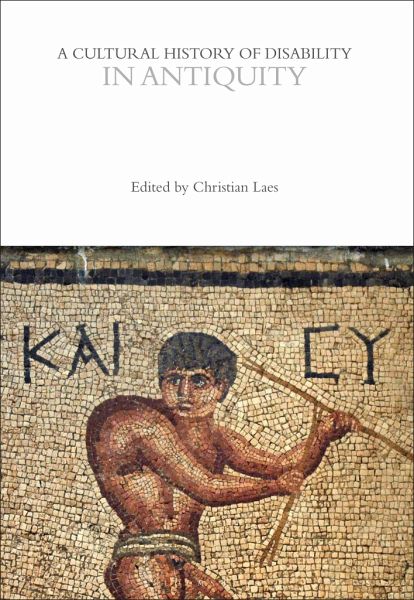
A Cultural History of Disability in Antiquity
Versandkostenfrei!
Versandfertig in über 4 Wochen
108,99 €
inkl. MwSt.

PAYBACK Punkte
54 °P sammeln!
Though there was not even a word for, or a concept of, disability in Antiquity, a considerable part of the population experienced physical or mental conditions that put them at a disadvantage. Drawing on a wide variety of sources, from literary texts and legal sources to archaeological and iconographical evidence as well as comparative anthropology, this volume uniquely examines contexts and conditions of disability in the ancient world. An essential resource for researchers, scholars and students of history, literature, culture and education, A Cultural History of Disability in Antiquity expl...
Though there was not even a word for, or a concept of, disability in Antiquity, a considerable part of the population experienced physical or mental conditions that put them at a disadvantage. Drawing on a wide variety of sources, from literary texts and legal sources to archaeological and iconographical evidence as well as comparative anthropology, this volume uniquely examines contexts and conditions of disability in the ancient world. An essential resource for researchers, scholars and students of history, literature, culture and education, A Cultural History of Disability in Antiquity explores such themes and topics as: atypical bodies; mobility impairment; chronic pain and illness; blindness; deafness; speech; learning difficulties; and mental health.


